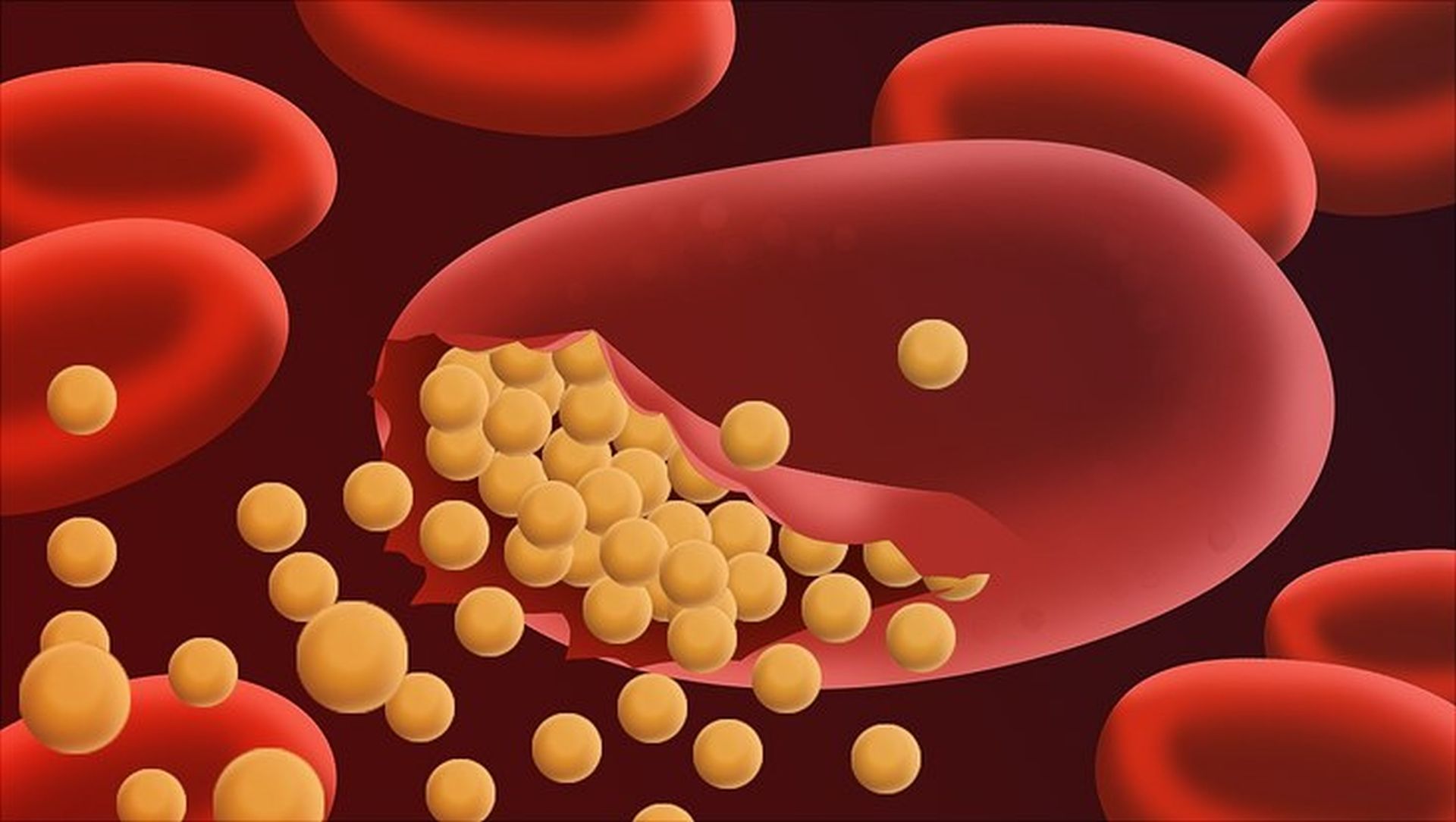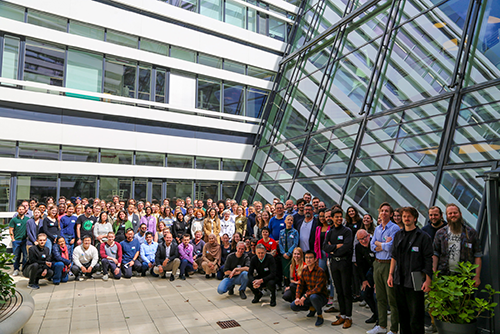ERC Starting Grant for research on a deadly parasite
New approaches in the fight against malaria
Around half a million people die every year from malaria, the most common infectious disease in the world. The European Research Council (ERC) is now funding the Hamburg biologist Michael Filarsky with 1.4 million euros to research the life cycle of the parasite. The aim is to perhaps one day be able to eradicate the pathogen.
It is tiny, invisible to the naked eye, and yet extremely dangerous: the parasite Plasmodium falciparum can destroy a person's red blood cells and in the worst case kill them. In addition, it is very difficult to fight explains molecular biologist and specialist for human parasites, Prof. Dr. Michael Filarsky.

The pathogen has developed over thousands of years together with humans
"Traces of Plasmodium falciparum have been found in mummies from ancient Egypt. However, the parasite’s remarkable adaptability has enabled it to develop resistance to all modern medicines. Moreover, some of these drugs cause severe side effects in humans".
Michael Filarsky has been researching the parasite for years: first as a postdoctoral fellow at the Swiss Tropical and Public Health Institute in Basel and since 2019 as a Universität Hamburg junior professor at the Centre for Structural Systems Biology (CSSB). When choosing his field of research, the medical relevance of his work was important to him but he is also fascinated by the unique biology of Plasmodium falciparum.
This unicellular organism has an extremely complex life cycle: it mates in a mosquito and produces offspring that enter the human body via a mosquito bite. Here the parasite multiplies by cell division and triggers feverish spurts that recur every 48 hours. Most of the offspring remain in the human body and divide again and again. However, a few offspring transform into male and female forms of the parasite, which, with another insect bite, return to a mosquito where the cycle begins anew.
The molecular mechanisms involved in the reproduction of the parasite are still puzzling
Why individual Plasmodium falciparum offspring develop into sexual forms is not yet well understood, despite decades of research. "We know that certain proteins, or protein molecules, control this step. The molecules function like a switch. Normally, the switch is set to 'off', but something causes the switch to sometimes jump to 'on'. If we could find the cause of this, drugs could possibly prevent this critical step in the future and halt the further proliferation of the parasite," says Prof. Filarsky.
In 2015, the importance of the fight against parasites was demonstrated with the award of the Nobel Prize for medicine. The Nobel Prize Committee honored three researchers working on human parasites, including the Chinese pharmacologist Youyou Tu. She developed a drug in the 1970s that inhibits the growth of malaria pathogens. However, the drug’s efficacy is now greatly endangered by the increasing resistance of Plasmodium falciparum.
Michael Filarsky is, however, not researching new drugs. He is interested in understanding the biological mechanisms of the parasite. The ERC Starting Grant now offers him ideal conditions for continuing his work: Together with a postdoctoral fellow and two PhD students, he can devote the next five years entirely to his project "MALSWITCH: Uncovering the Mechanisms Behind Adaptive Gene Expression Switching in Malaria Parasites". "I probably won't live to see the deciphering of all the secrets of the parasite," he says. "This is how science works: progress usually happens in many tiny steps. On the other hand, you never know what you will find the next day. Sometimes things happen quickly and there is a sudden breakthrough."
Source Article: Original news story from Christina Krätzig, UHH.
https://www.uni-hamburg.de/newsroom/forschung/2020/1007-malariaforschung.html



